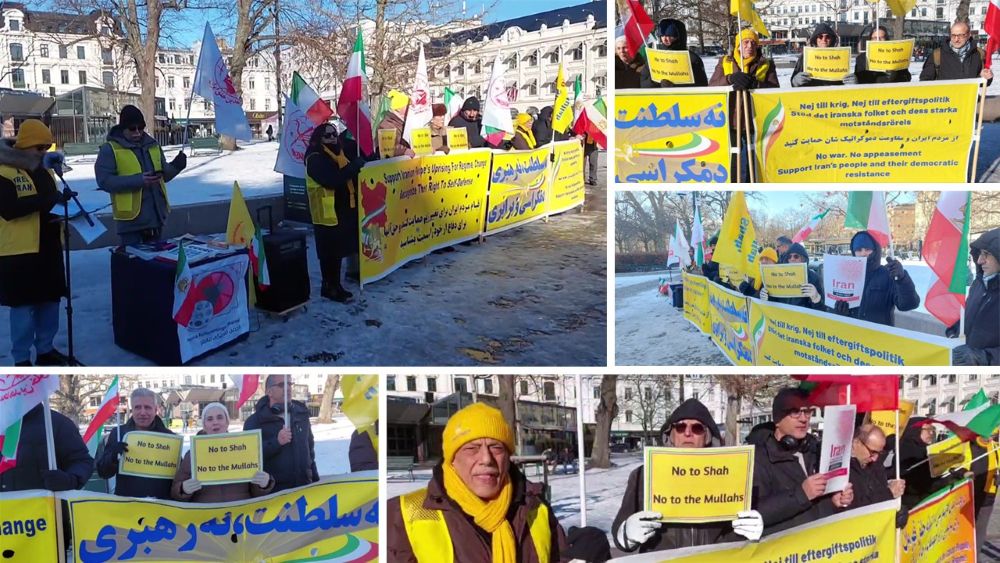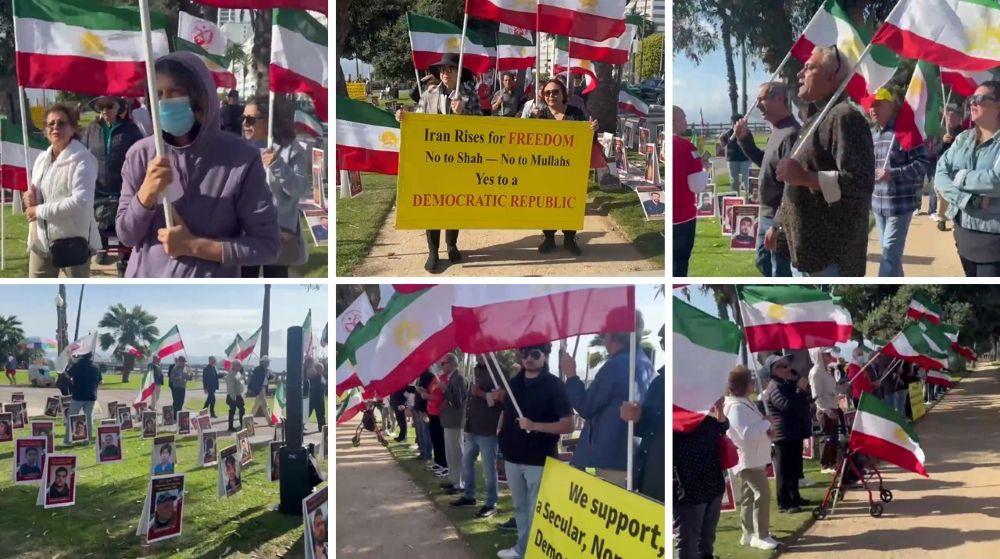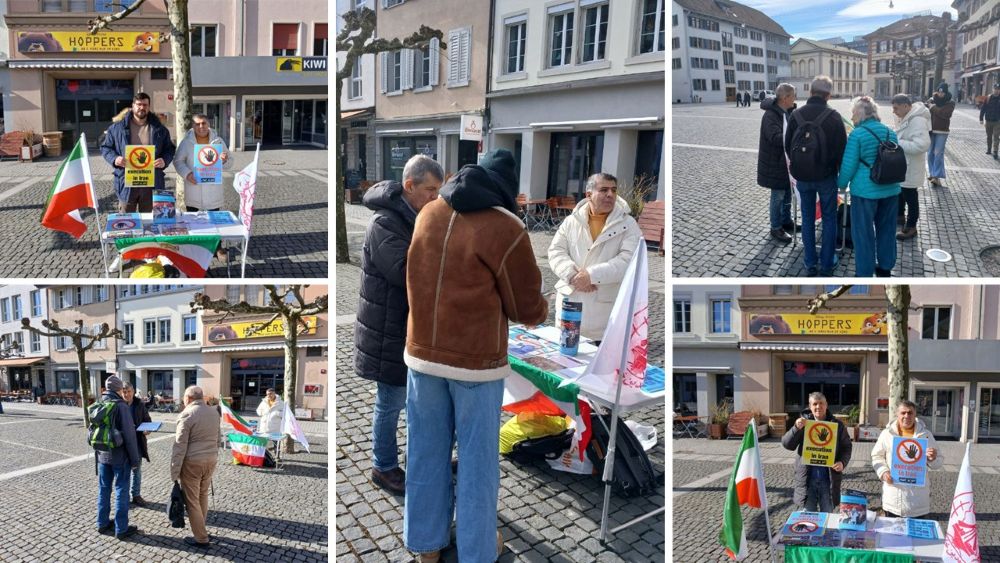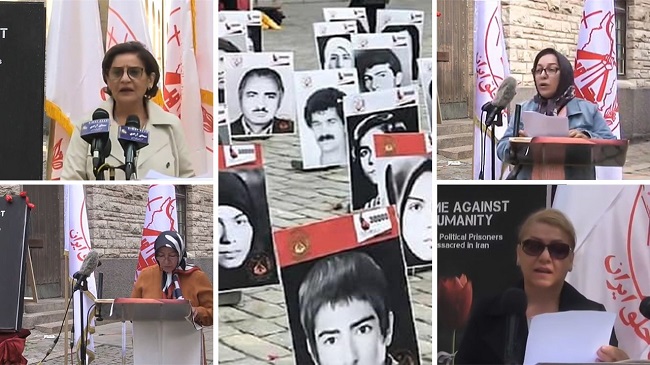
The National Council of Resistance (NCRI) Women Committee reported on September 19 that as the trial of Iranian regime official, Hamid Noury was ongoing at a court in Stockholm, Sweden last week for his involvement in the 1988 massacre, witnesses and the families of massacre victims held rallies near the courthouse and around the world, and spoke out about their experiences.
The NCRI Women Committee said, “Batool Majani, a political prisoner for seven years, sought justice for the 1988 massacre in a rally in Stockholm on August 10.”
Majani explained how the regime executed seven members of her family, with five of them being among the victims of the 1988 massacre. She said, “All the massacred women were affiliated with the PMOI [People’s Mojahedin Organization of Iran]. These heroines paved the way for the liberation of Iranian women.”
Speaking in an interview on the Swedish National Television on August 13, Majani spoke of how both her uncle and father were murdered by the regime 40 years ago. Her uncle was killed after two days of being subjected to torture, while her father was murdered a month later without standing a trial following his arrest.
The NCRI Women Committee said, “Soheila Dashti is also among those who seek justice for the 1988 massacre. She spoke to the rally in Stockholm on August 10.”
Dashti was also interviewed alongside Majani on August 13, and she recounted how her 26-year-old cousin was executed by the regime. She said, “Of course, the crime is not just about my family, but about all Iranians. They massacred a generation.”
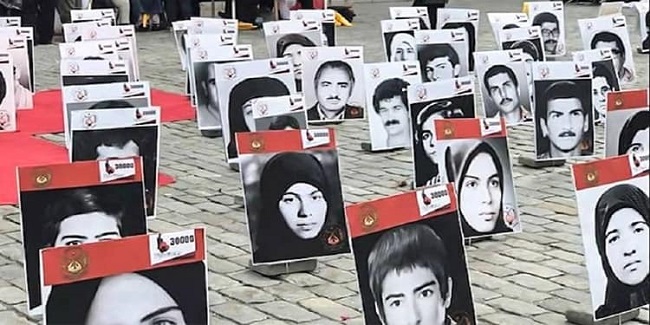
The NCRI Women Committee said, “Laya Gohari is a former political prisoner who lost her brother and many friends under the clerical regime. She seeks justice for the victims.”
Speaking at the rally in Stockholm on August 10, Gohari recalled how she was arrested in November 1981, when she was a 17-year-old student, for being in support of the PMOI. She said, “I spent my captivity in Evin and Ghezel Hesar prisons. I experienced a gradual death for six months in solitary confinement of ‘grave’ and ‘doomsday’.”
During her stint in prison, she learned of the execution of her brother who was executed in February 1982, and after her release in March 1986, she got word that her cousin suffered the same fate. Both men were teenagers at the time of their executions.
Fatemeh KhazAli attended the August 11 rally in Stockholm and in her speech declared that her brother Mohsen was arrested during a peaceful demonstration in 1981. He was sentenced to 15 years in prison after being mentally and physically tortured. Until 1988, he served his sentence at Evin Prison and in that year, he was brought to the ‘Death Commission’ to be tried in front of a group of judges in a minute-long trial. When he admitted that he was a supporter of the MEK, he was led to the gallows and was executed, along with other PMOI prisoners.
KhazAli said, “Despite their efforts, the mullahs were not able to conceal this crime against humanity. We, the families of the victims of the 1988 massacre, have vowed not to forget and not to forgive this crime. We will not relent until the perpetrators of this heinous crime face justice.”

